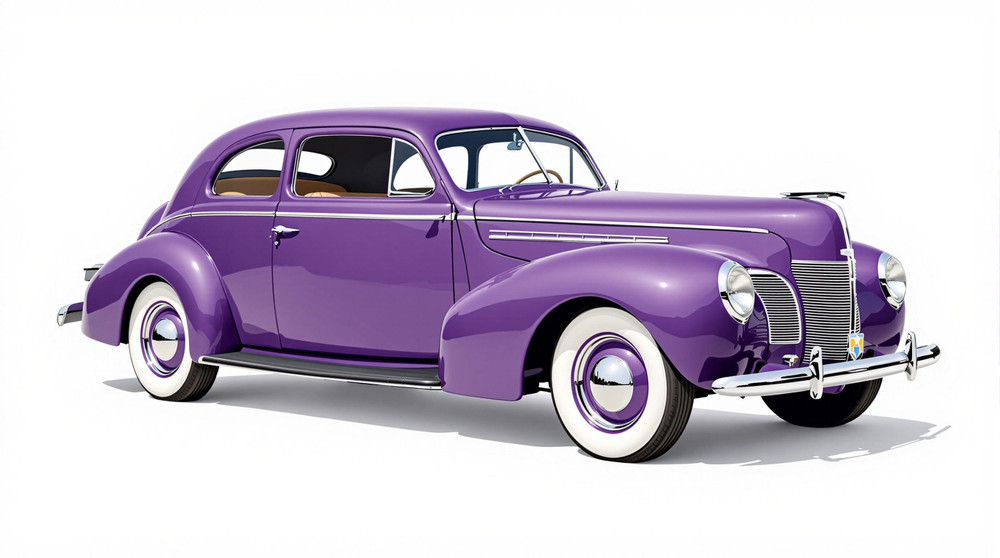Image of 1939 Lincoln Zephyr, Note: These illustrations use artistic license and may differ from actual historical models.
Performance Metrics
Fundamental Metrics
Emotional Appeal
MMP Rating
| Engine Specifications | |
|---|---|
| Engine Options: | V12 |
| Displacement Range: | 267 cubic inches |
| Horsepower Range: | Estimated 110 hp |
| Torque: | 200 lb-ft |
| Compression Ratio: | Estimated 7.2:1 |
| Ignition System: | Distributor and coil |
| Cooling System: | Liquid-cooled |
| Performance Specifications | |
| 0-60 Time: | Information not available |
| 1/4 Mile Time: | Information not available |
| Top Speed: | 90 mph |
| Transmission and Drive | |
| Drive Type: | Rear-wheel drive |
| Transmission Type: | 3-speed manual |
| Fuel and Efficiency | |
| Fuel System Type: | Carburetor |
| MPG: | Information not available |
| Dimensions and Brakes | |
| Brakes: | Drum brakes |
| Wheelbase: | 125 inches |
| Weight: | 3,600 lbs |
Note: Specifications for classic cars are given to the best of our ability, considering the limited and variant data available.
The 1939 Lincoln Zephyr: A Pinnacle of Pre-War Luxury
The 1939 Lincoln Zephyr stands as a testament to the elegance and innovation of late 1930s American automotive design. Born from the prestigious Lincoln division of the Ford Motor Company, this vehicle emerged as a beacon of luxury during an era marked by economic recovery and technological advancement. The Zephyr's sleek lines and forward-thinking features not only captured the imagination of its contemporaries but also left an indelible mark on the course of automotive history. One particularly intriguing fact is that the Zephyr's design was so beloved, it influenced the creation of the first Lincoln Continental, a car commissioned by Edsel Ford himself.
Design and Innovation
The exterior of the 1939 Lincoln Zephyr was a symphony of streamlined curves, embodying the Art Deco movement that was at its peak during this period. Its teardrop-shaped headlamps, integrated fenders, and horizontal grille created an image of speed and sophistication that was unrivaled at the time. Inside, passengers were enveloped in an atmosphere of opulence, with high-quality materials like wood veneers and plush fabrics adorning the cabin. Technologically, the Zephyr boasted advancements such as a V12 engine—a rarity among production cars of that era. The palette of available colors included rich hues that accentuated its luxurious appeal, with Gunmetal Grey being a popular choice among buyers. Among its various body styles, including coupe, sedan, and convertible, the three-window coupe remains one of the most iconic and sought-after by collectors.
Historical Significance
The Lincoln Zephyr's impact on automotive design cannot be overstated. It was one of the first cars to successfully integrate aerodynamic principles into its styling—a trend that would become paramount in post-war automobile production. The Zephyr set itself apart with its low raked windshield, pontoon fenders, and uncluttered profile, influencing generations of cars to come.
Performance and Handling
Underneath its elegant exterior lay a capable performer. The 1939 Zephyr's V12 engine allowed it to reach top speeds that were impressive for its time while providing smooth acceleration from 0-60 mph. On various driving conditions, from bumps to windy roads, the Zephyr maintained composure thanks to its well-tuned suspension system. Drivers often reported a serene experience behind the wheel—complimented by the purring V12—that made long journeys a pleasure rather than a chore.
Ownership Experience
The Zephyr was not just a showpiece; it served many owners as a daily driver while others cherished it as a weekend cruiser or show car. Maintenance and reliability were considered manageable for the era's standards, though modern-day enthusiasts should be prepared for the intricacies involved in maintaining a classic V12 engine.
Fun Facts
Beyond its engineering prowess, the Lincoln Zephyr holds several fun facts in its storied past. It graced many high-profile driveways, including those of Hollywood celebrities, and even made appearances in period films adding to its star-studded legacy. While not known for breaking speed records, it did set benchmarks for style and luxury in pre-war America.
Collector's Information
Today, the 1939 Lincoln Zephyr is a prized possession among classic car collectors. While production numbers were relatively modest compared to mass-market vehicles—with estimates suggesting several thousand units—surviving examples are rare treasures. As for value range, pristine examples can fetch significant sums at auction or private sale, often reaching well into six-figure territory depending on provenance and condition.
Conclusion
The 1939 Lincoln Zephyr is more than just a classic car; it is an artifact representing the zenith of pre-war American automotive luxury and design innovation. Its enduring legacy continues to captivate enthusiasts and collectors alike—ensuring that this magnificent machine will be admired for generations to come.
1939 Lincoln Zephyr Catalog of Parts
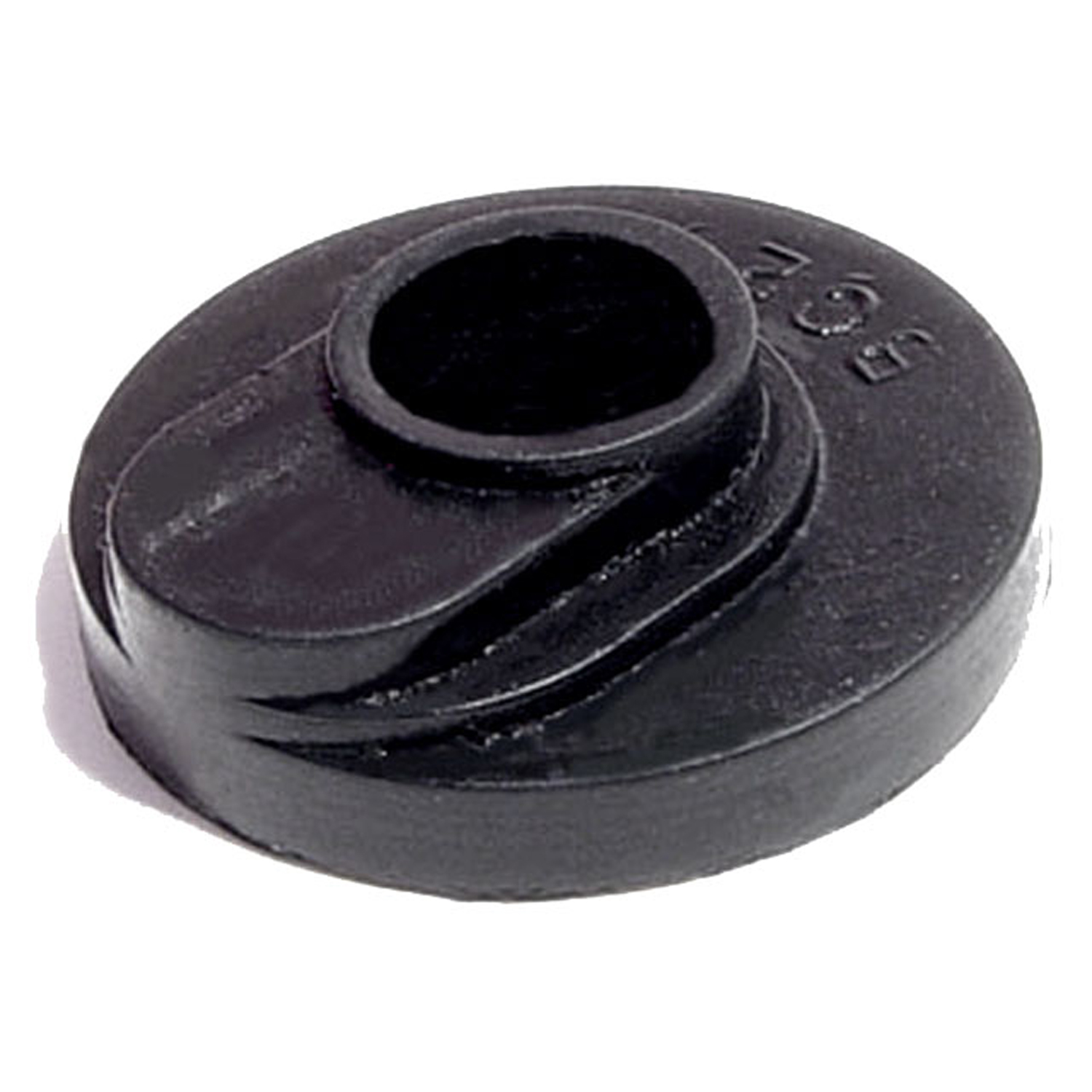 1939 Lincoln Zephyr Fender Grommet. 1-1/8" O.D., 3/8" I.D. Each-BC 28Fender Grommet. 1-1/8" O.D., 3/8" I.D. Each
1939 Lincoln Zephyr Fender Grommet. 1-1/8" O.D., 3/8" I.D. Each-BC 28Fender Grommet. 1-1/8" O.D., 3/8" I.D. Each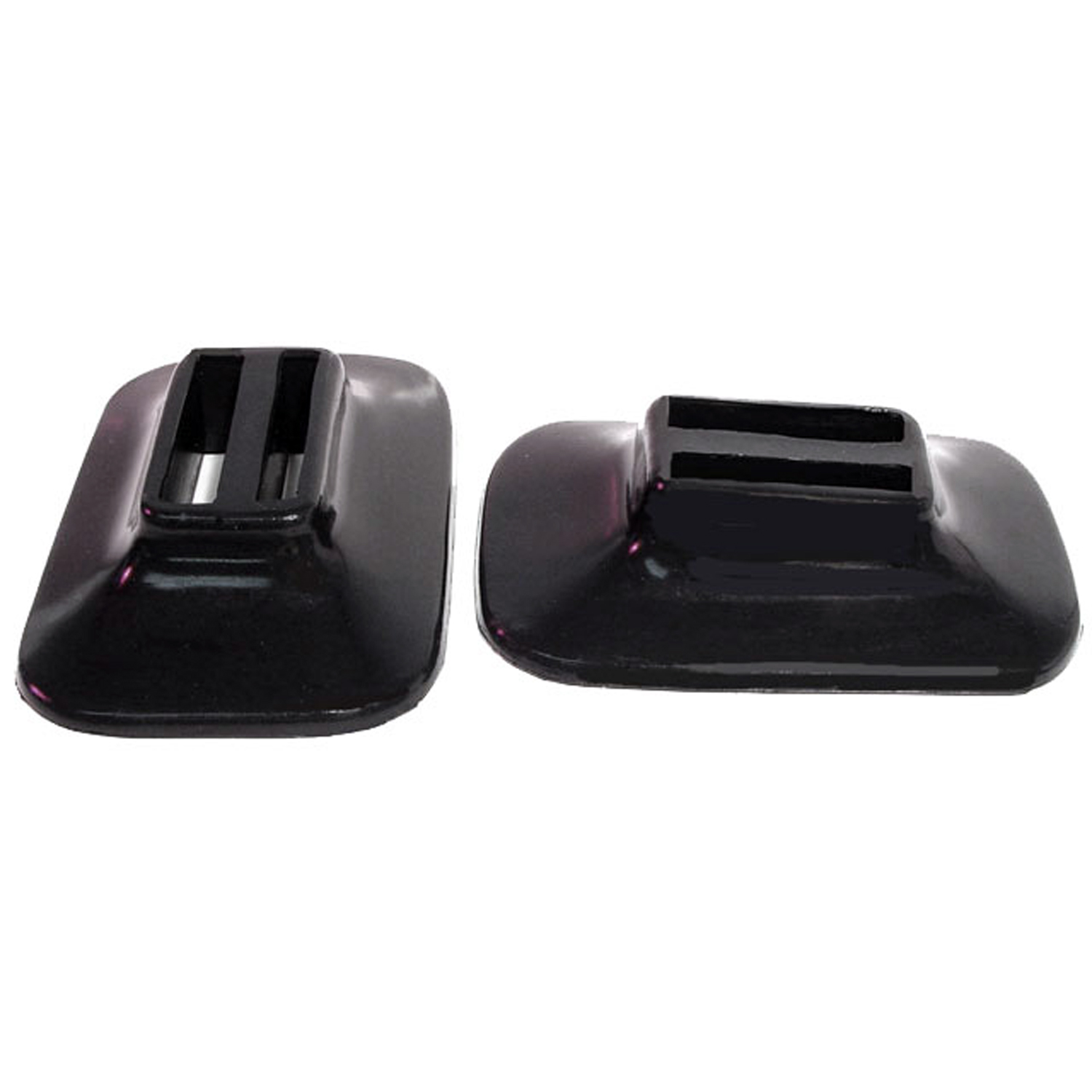 1939 Lincoln Zephyr Rear Bumper Arm Grommets-BG 102Rear Bumper Arm Grommets. 4-1/4" long X 2-7/8" wide, with 1-3/4" long inner slot. Pair
1939 Lincoln Zephyr Rear Bumper Arm Grommets-BG 102Rear Bumper Arm Grommets. 4-1/4" long X 2-7/8" wide, with 1-3/4" long inner slot. Pair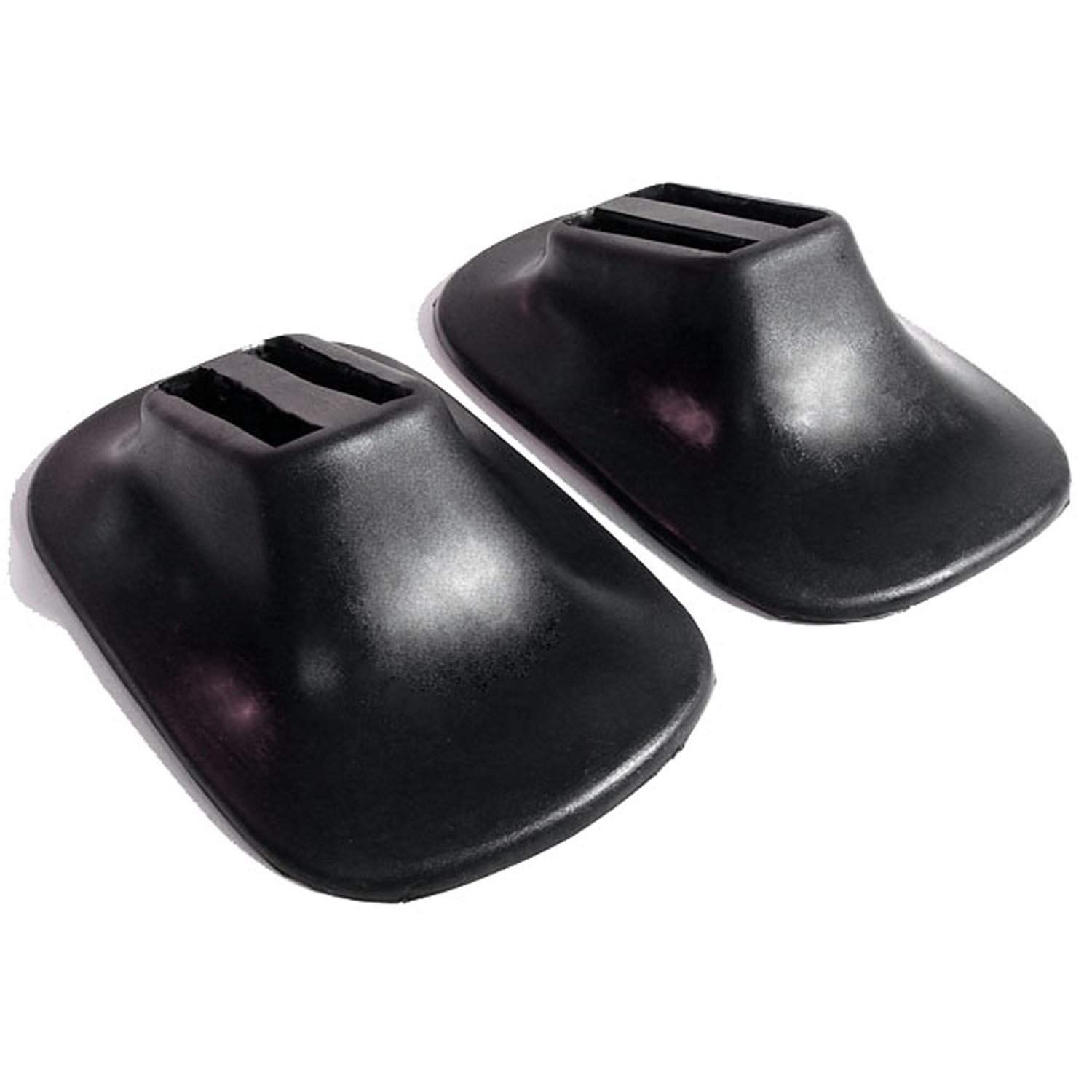 1939 Lincoln Zephyr Front Bumper Arm Grommets-BG 103Front Bumper Arm Grommets. 4-1/4" long X 3" wide, with 1-1/2" long inner slot. Pair
1939 Lincoln Zephyr Front Bumper Arm Grommets-BG 103Front Bumper Arm Grommets. 4-1/4" long X 3" wide, with 1-1/2" long inner slot. Pair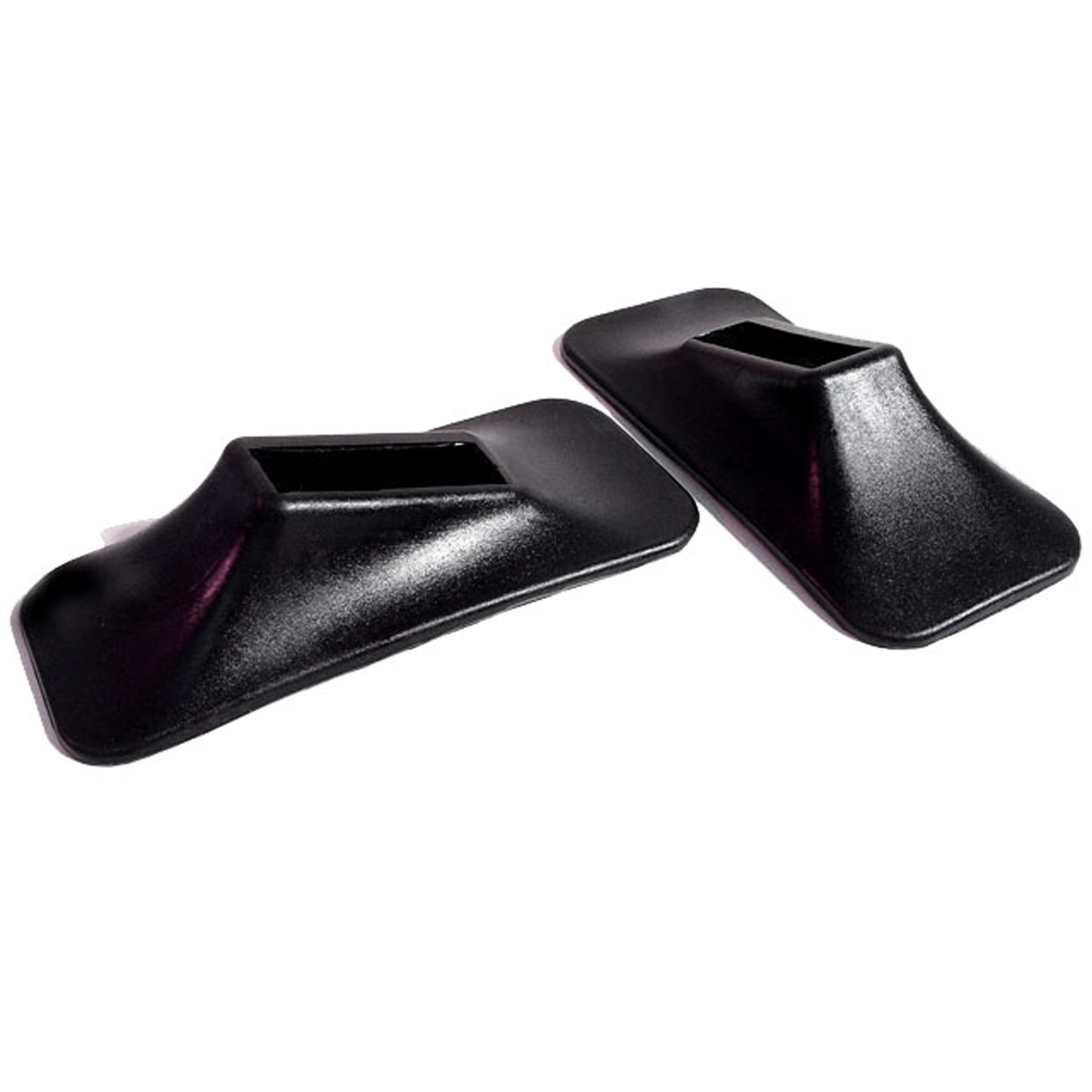 1939 Lincoln Zephyr Front Bumper Arm Grommets-BG 47Front Bumper Arm Grommets. 2" wide X 4-1/2" long, with 1-3/4" long inner slot. Pair
1939 Lincoln Zephyr Front Bumper Arm Grommets-BG 47Front Bumper Arm Grommets. 2" wide X 4-1/2" long, with 1-3/4" long inner slot. Pair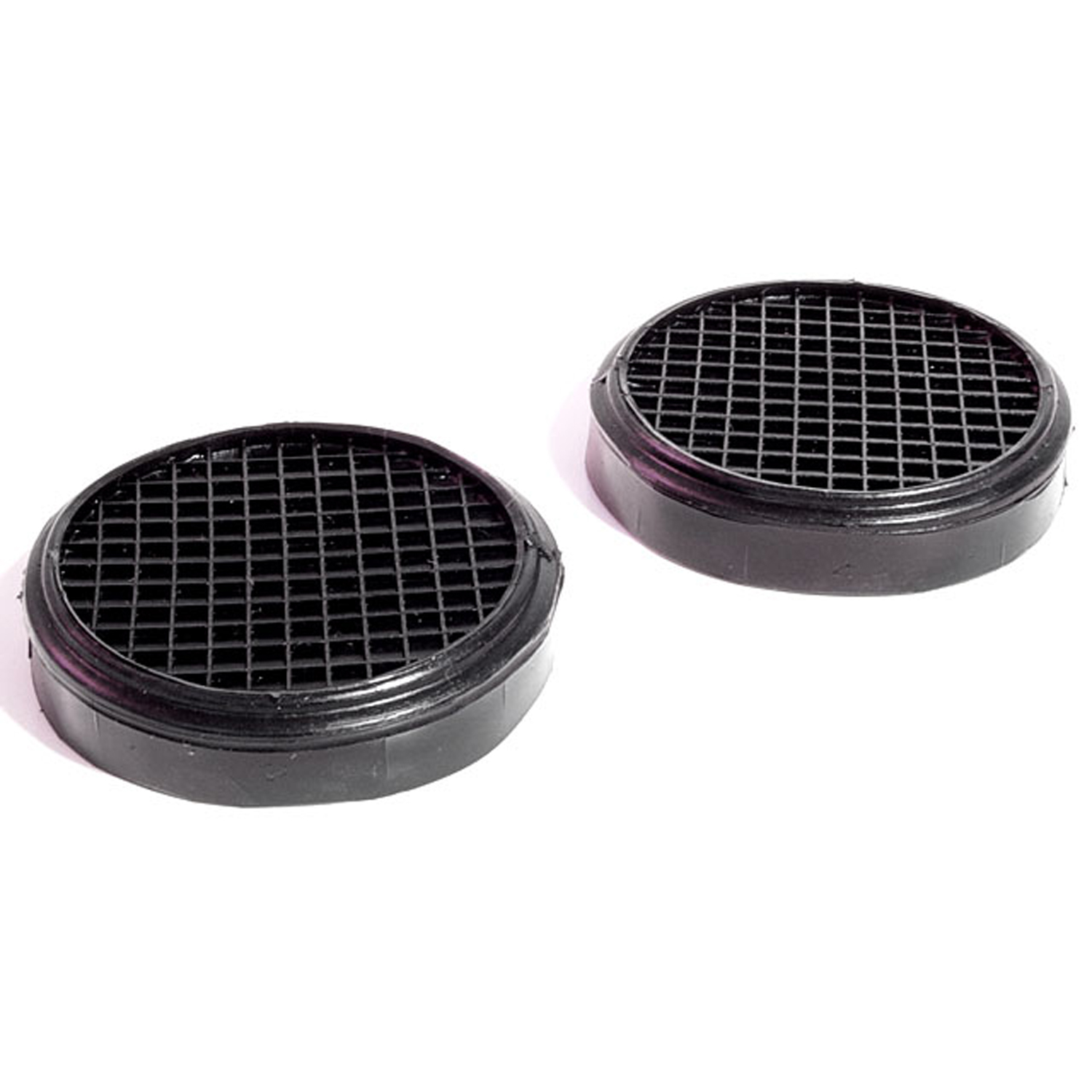 1939 Lincoln Zephyr Clutch and Brake Pedal Pads. 3-1/2" Diameter. Pair-CB 62Clutch and Brake Pedal Pads. 3-1/2" Diameter. Pair
1939 Lincoln Zephyr Clutch and Brake Pedal Pads. 3-1/2" Diameter. Pair-CB 62Clutch and Brake Pedal Pads. 3-1/2" Diameter. Pair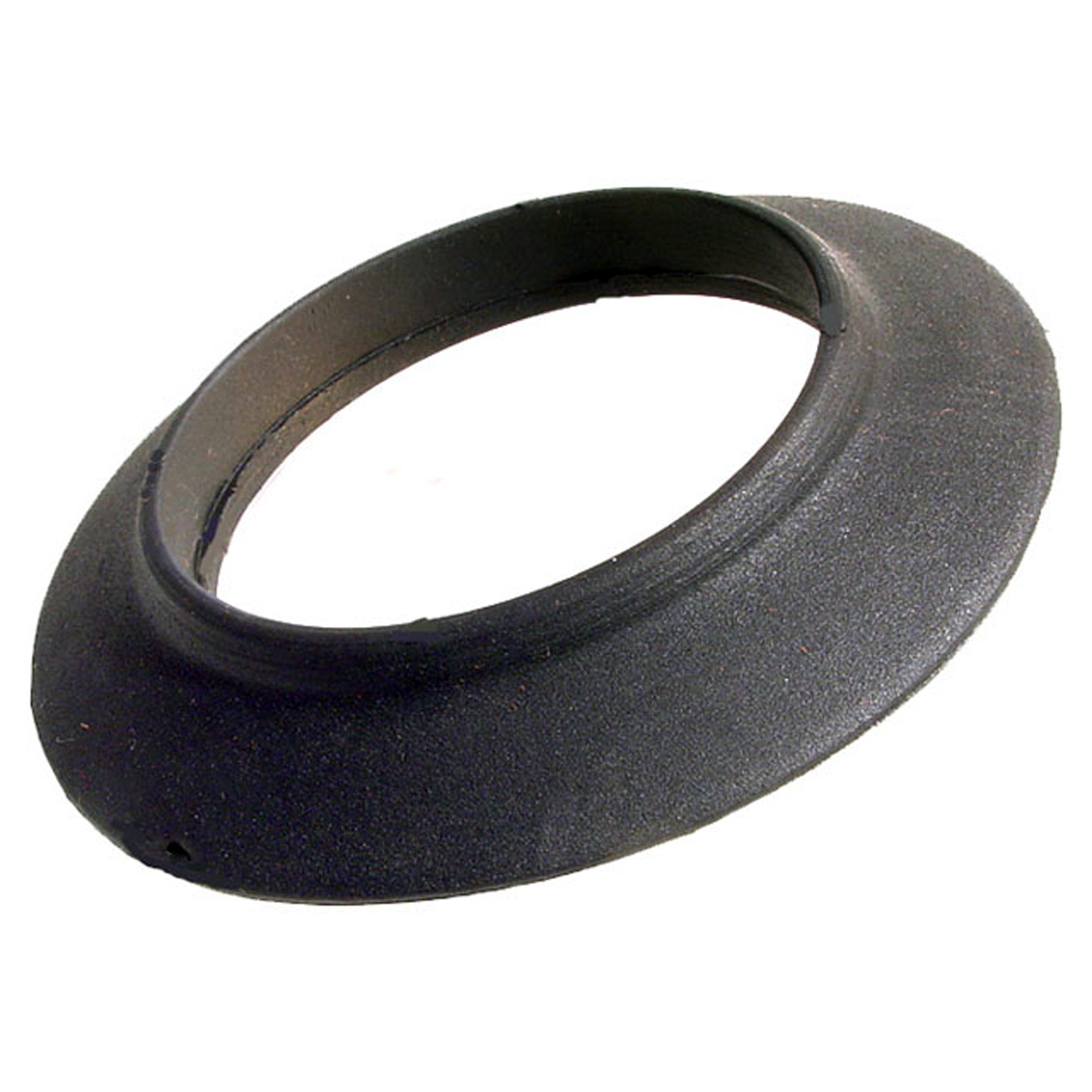 1939 Lincoln Zephyr Gas Filler Grommet. 2-1/2" I.D., 4-1/8" O.D. Each-GF 24Gas Filler Grommet. 2-1/2" I.D., 4-1/8" O.D. Each
1939 Lincoln Zephyr Gas Filler Grommet. 2-1/2" I.D., 4-1/8" O.D. Each-GF 24Gas Filler Grommet. 2-1/2" I.D., 4-1/8" O.D. Each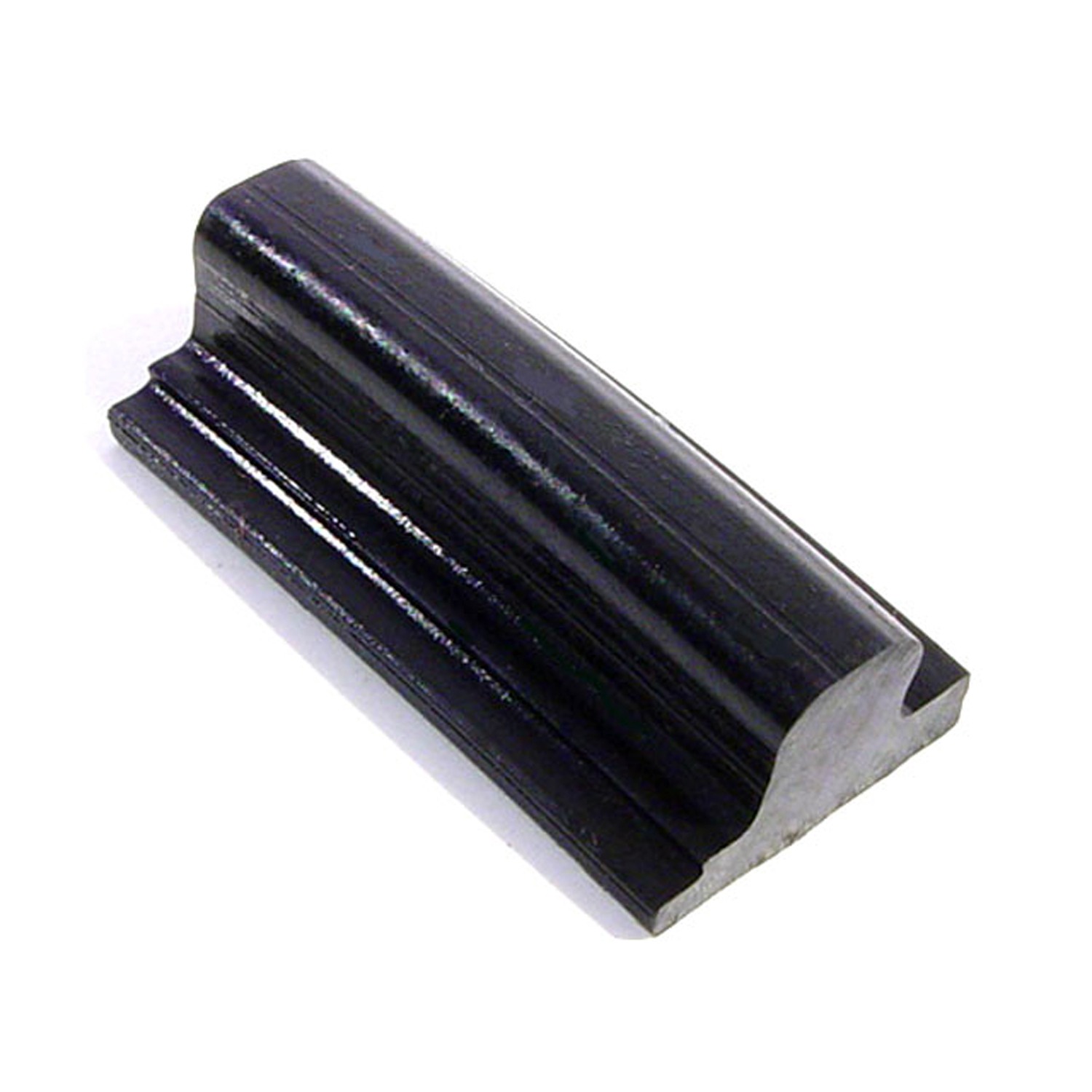 1939 Lincoln Zephyr Hood Bumper. 1-9/16" long X 3/4" wide X 1/2" high-HF 44-BHood Bumper. 1-9/16" long X 3/4" wide X 1/2" high. Nice reproduction of a previously unavailable part. Each
1939 Lincoln Zephyr Hood Bumper. 1-9/16" long X 3/4" wide X 1/2" high-HF 44-BHood Bumper. 1-9/16" long X 3/4" wide X 1/2" high. Nice reproduction of a previously unavailable part. Each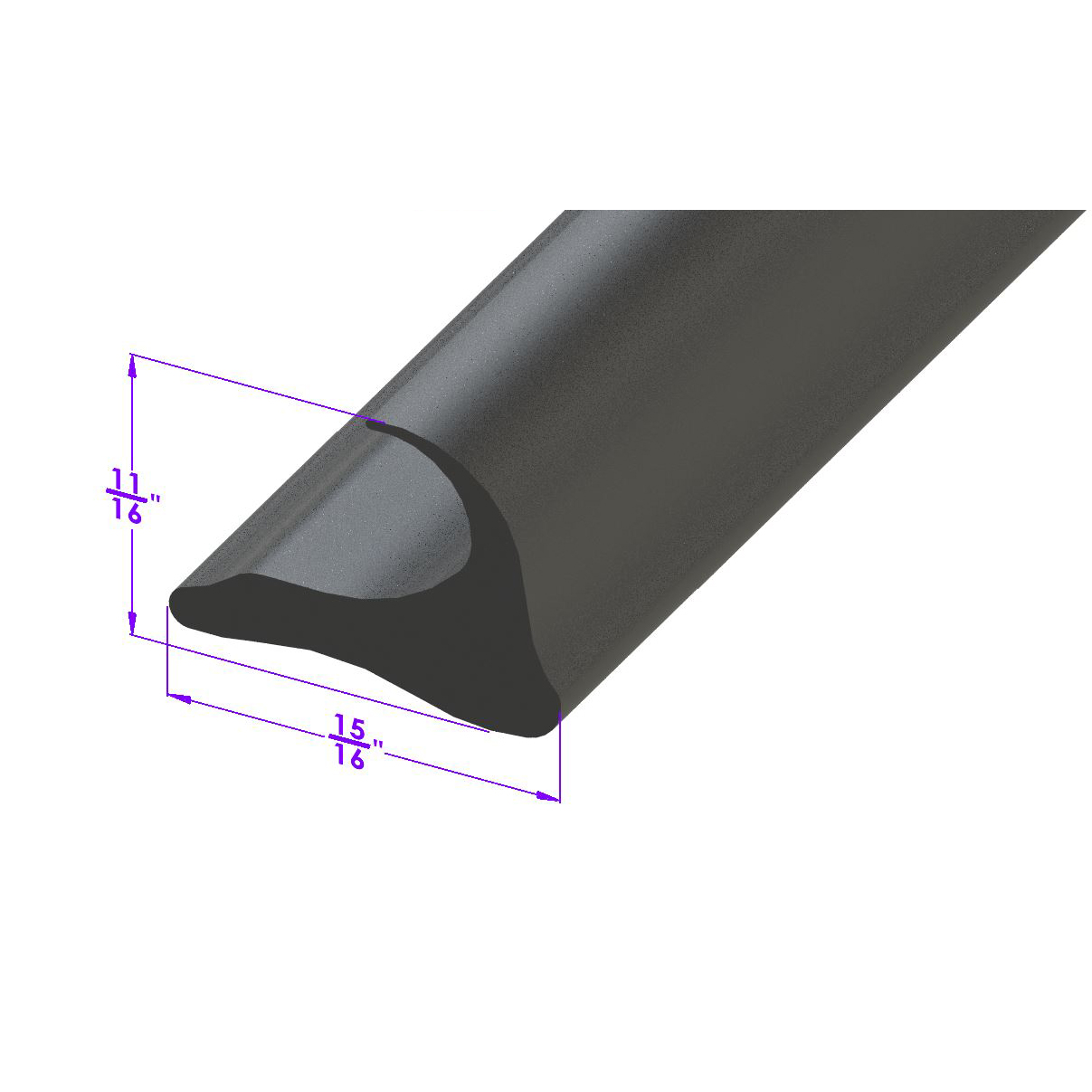 1939 Lincoln Zephyr Side Roof Rail Seal. Fits in metal retainer-LP 12-ASide Roof Rail Seal. Fits in metal retainer. Sold by the foot
1939 Lincoln Zephyr Side Roof Rail Seal. Fits in metal retainer-LP 12-ASide Roof Rail Seal. Fits in metal retainer. Sold by the foot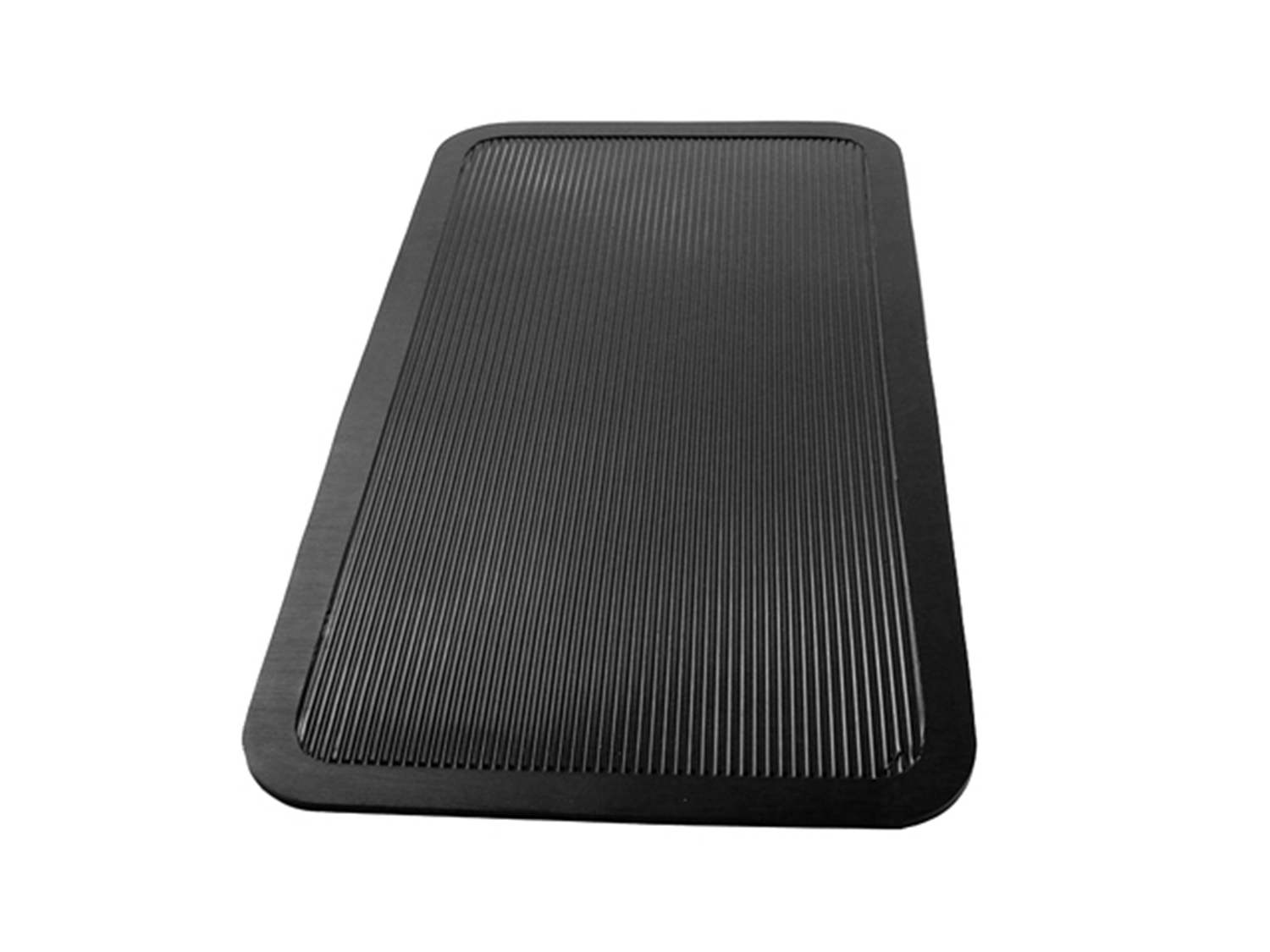 1939 Lincoln Zephyr Heel Pad. High quality reproduction. Black. 7" X 14"-RM 15Heel Pad. High quality reproduction. Black. 7" X 14". Each
1939 Lincoln Zephyr Heel Pad. High quality reproduction. Black. 7" X 14"-RM 15Heel Pad. High quality reproduction. Black. 7" X 14". Each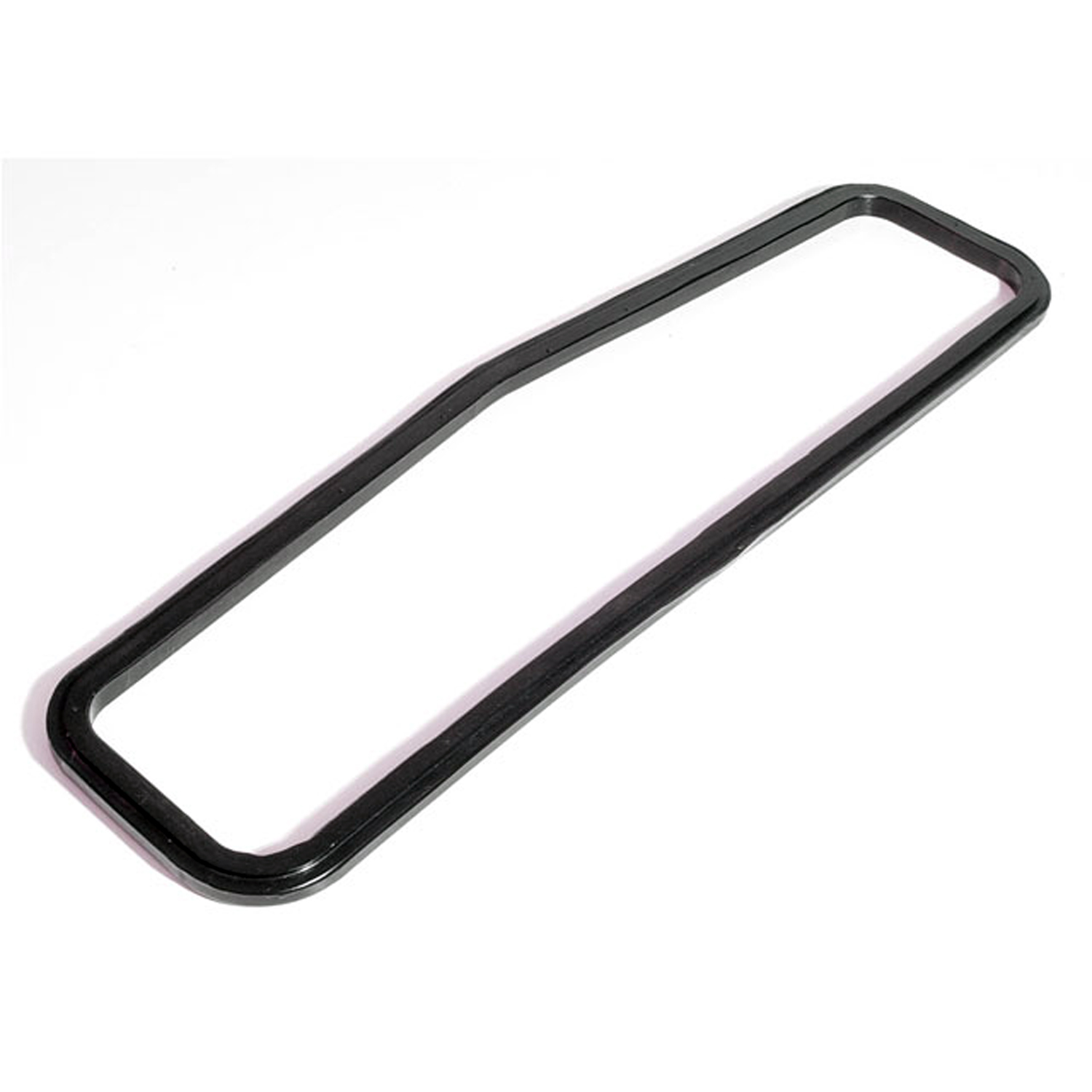 1939 Lincoln Zephyr Cowl Vent Seal. Made of soft rubber. All original details-RP 100-RCowl Vent Seal. Made of soft rubber. All original details. 4-3/8" wide at side X 17-5/8" long. Each
1939 Lincoln Zephyr Cowl Vent Seal. Made of soft rubber. All original details-RP 100-RCowl Vent Seal. Made of soft rubber. All original details. 4-3/8" wide at side X 17-5/8" long. Each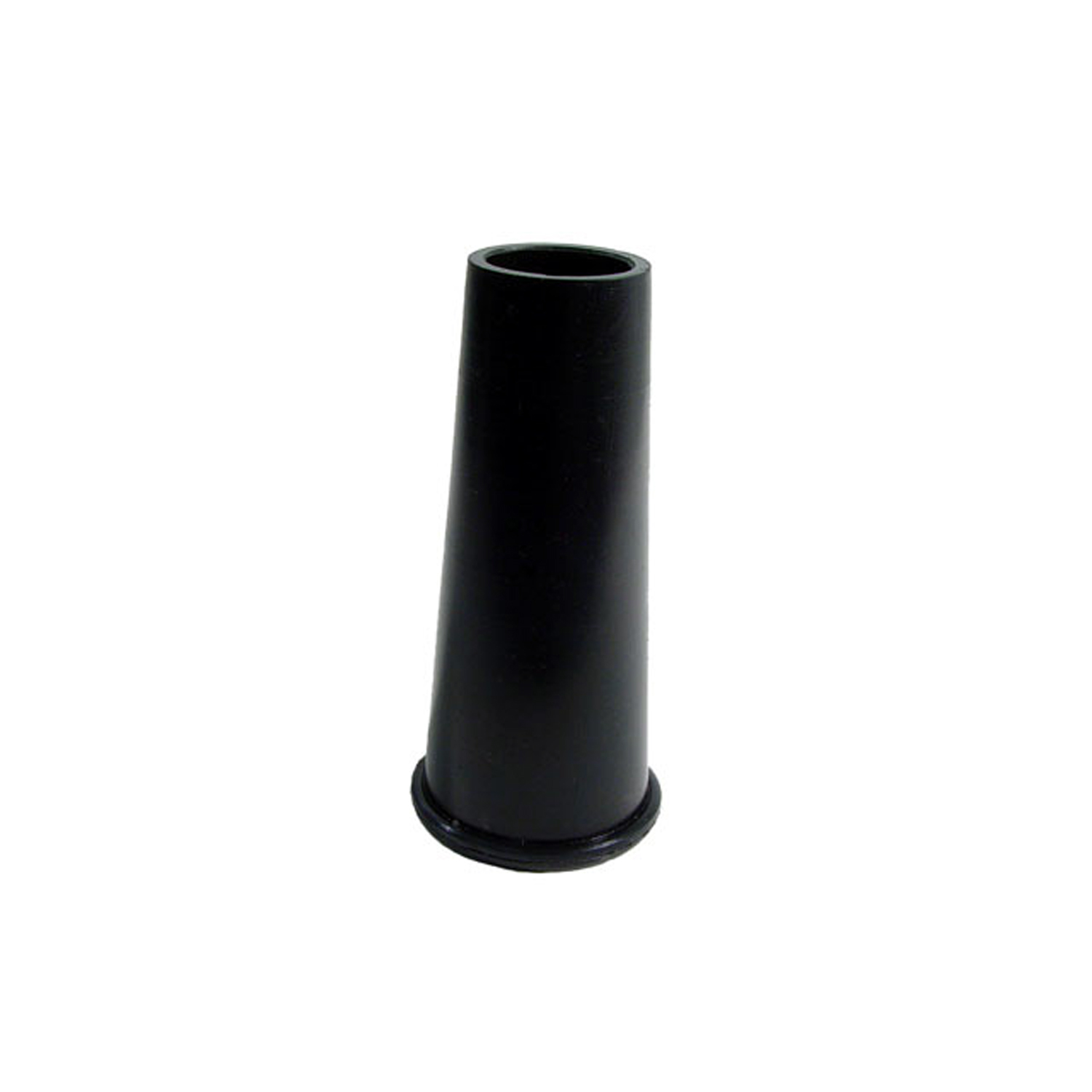 1939 Lincoln Zephyr Distributor Ignition Boot. 3-1/8", 1-1/4" O.D., 3/4" I.D-SM 65-DDistributor Ignition Boot. 3-1/8", 1-1/4" O.D., 3/4" I.D. Each
1939 Lincoln Zephyr Distributor Ignition Boot. 3-1/8", 1-1/4" O.D., 3/4" I.D-SM 65-DDistributor Ignition Boot. 3-1/8", 1-1/4" O.D., 3/4" I.D. Each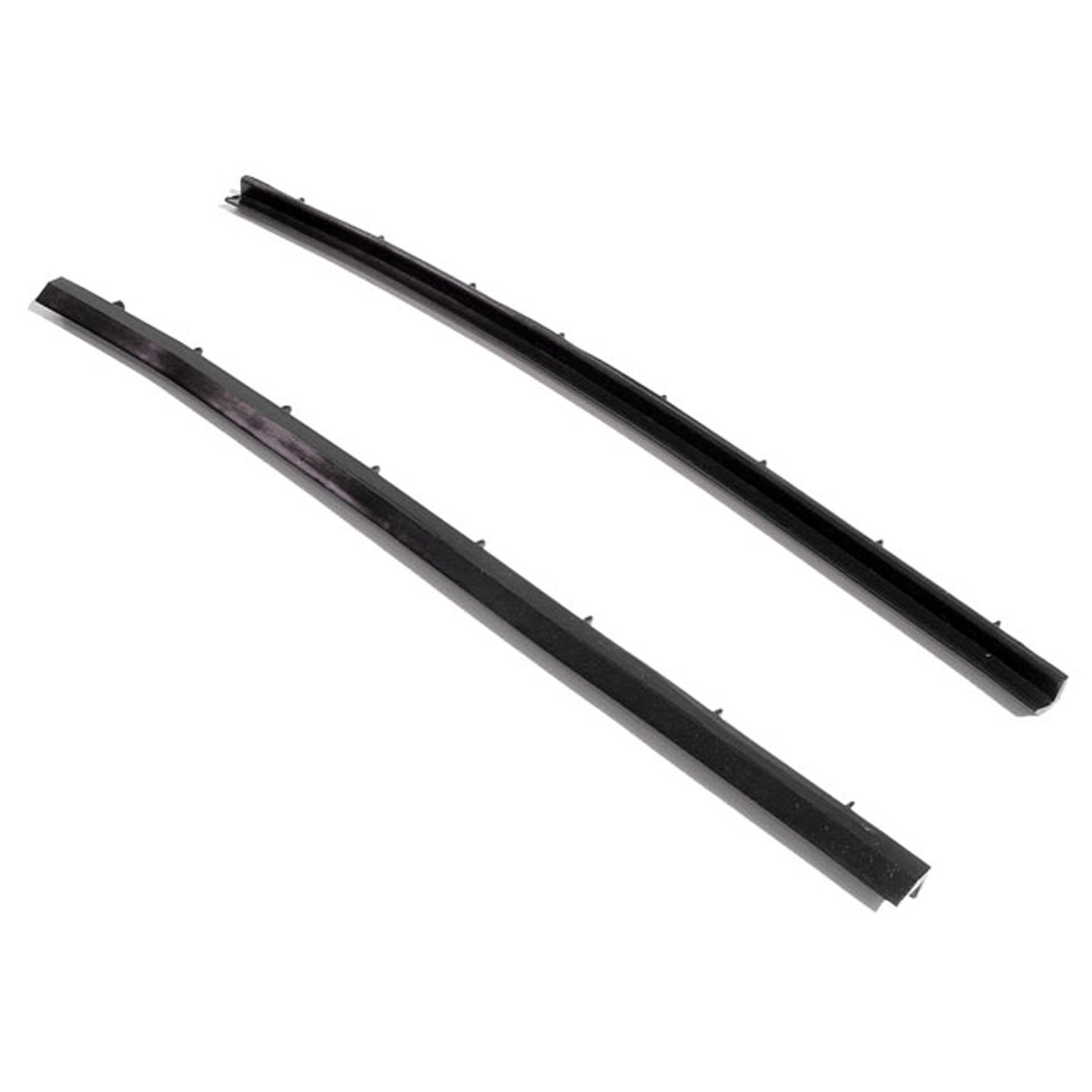 1939 Lincoln Zephyr Vertical Seals for Front Vent Window-VS 6-CVertical Seals for Front Vent Window. Made with steel core and bend-over tab. Pair
1939 Lincoln Zephyr Vertical Seals for Front Vent Window-VS 6-CVertical Seals for Front Vent Window. Made with steel core and bend-over tab. Pair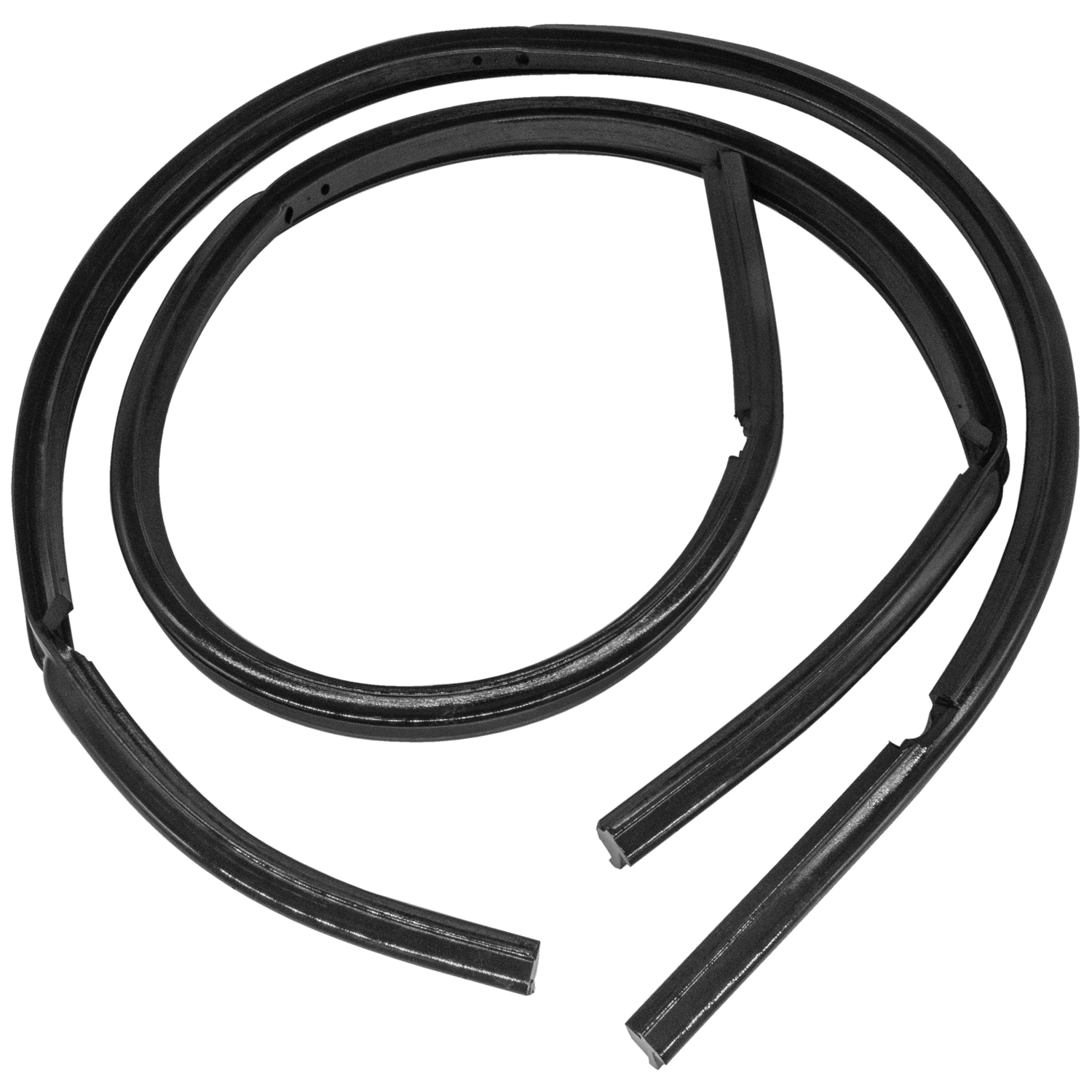 1939 Lincoln Zephyr Rear Vent Window Seals, for 4-Door Sedans. Pair R&L-WR 5909-RRear Vent Window Seals, for 4-Door Sedans. Pair R&L
1939 Lincoln Zephyr Rear Vent Window Seals, for 4-Door Sedans. Pair R&L-WR 5909-RRear Vent Window Seals, for 4-Door Sedans. Pair R&LWhy Choose Metro?
For over 100 years, Metro Moulded Parts has been the pinnacle of quality in classic car restoration parts. Our commitment to precision and authenticity in every component ensures a perfect fit and an OEM-level appearance.
- Expert Craftsmanship & Quality: Each part is a testament to our dedication to reliability and perfection, crafted from original designs and thoroughly tested.
- Advanced Technology: We use cutting-edge techniques to create flawless, long-lasting parts that surpass others in performance.
- SuperSoft Sponge – The Ultimate Door Seal: Not only are our door seals 30% softer than competitors', but they're also guaranteed to never leak. They effectively reduce wind and road noise, enhancing your classic car's comfort and driving experience.
- Proudly American: Our parts are a product of American craftsmanship, made in the USA with a spirit of excellence and heritage.
- Unrivaled Warranty: We back our products with a 30-year industry-leading warranty, a testament to our confidence in their quality.
Join us in preserving the legacy of classic cars with parts that are crafted for perfection, not just made.

